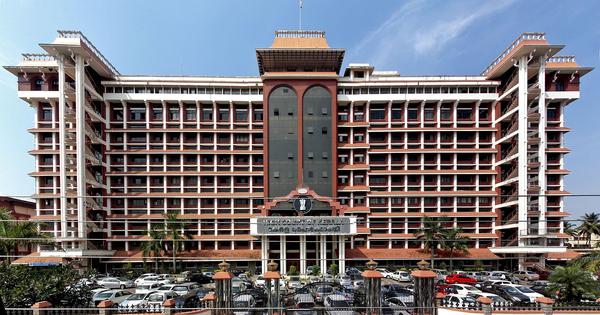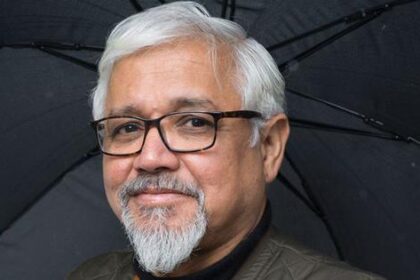Kerala High Court rules against the Kerala Waqf Board’s classification of land as waqf property.
The Kerala High Court recently addressed a significant dispute regarding a 365-acre land parcel in the Munambam area of Ernakulam district, ruling that it was never intended to be classified as waqf property. This decision arose from a case involving the Kerala Waqf Board, which had designated the land as waqf in 2019. The bench, consisting of Justices Sushrut Arvind Dharmadhikari and VM Syam Kumar, deemed this classification to be ‘bad in law’ and in violation of multiple Waqf Acts.
The court criticized the Waqf Board, asserting that it acted like a land-grabber motivated by the increasing commercial value of the property, which has significantly appreciated over the last few decades. The origins of the dispute trace back to 1950, when Mohammed Siddeeq Sait donated over 400 acres of land to the management of Farook College, located in Kozhikode. Over time, portions of this land have been sold, and it has become home to approximately 600 Christian and Hindu families.
The land’s size has diminished due to sea erosion, and in 2019, the Kerala Waqf Board sought to cancel previous sales after declaring the land waqf. The concept of waqf, rooted in Islamic law, pertains to property dedicated to religious, educational, or charitable purposes. Each state in India has a waqf board, which is authorized to manage such properties.
Following the Waqf Board’s declaration, the state government initiated a judicial commission to propose a resolution regarding the land. The commission recommended that the state acquire the disputed land if the occupants were unable to obtain justice through the courts. However, a single bench of the High Court annulled the commission’s recommendations in April. This cancellation was subsequently challenged by the state government, leading to a temporary stay on the order.
Ultimately, the division bench overturned the April ruling and stated that the state government could proceed with the commission’s recommendations. The court clarified that the deed through which Sait gifted the land to Farook College did not indicate an intention to create a permanent dedication to any divine entity but was simply a gift to the college’s management.
Moreover, the court highlighted that the mere labeling of the deed as a waqf endowment did not endow it with waqf status. It criticized the Kerala Waqf Board for failing to adhere to necessary procedures and for its lack of action regarding the property between 1950 and 2019. The court noted that the board neglected to conduct a proper survey or a quasi-judicial inquiry involving stakeholders prior to its 2019 declaration.
Should the court endorse such an arbitrary designation of waqf, it warned, it could set a precedent where any property could be unjustly classified as waqf based on arbitrary documents. The bench affirmed its duty to uphold constitutional principles, particularly in a secular nation like India, and could not endorse what it termed a ‘belated and fanciful exercise’ of authority.
While the court did not invalidate the Waqf Board’s 2019 decision, it emphasized the unreasonable delay of approximately 70 years in the board’s actions, rendering them non-binding on the state government. This complex legal battle continues to unfold, with historical and social implications for the affected families and the educational institution involved.








